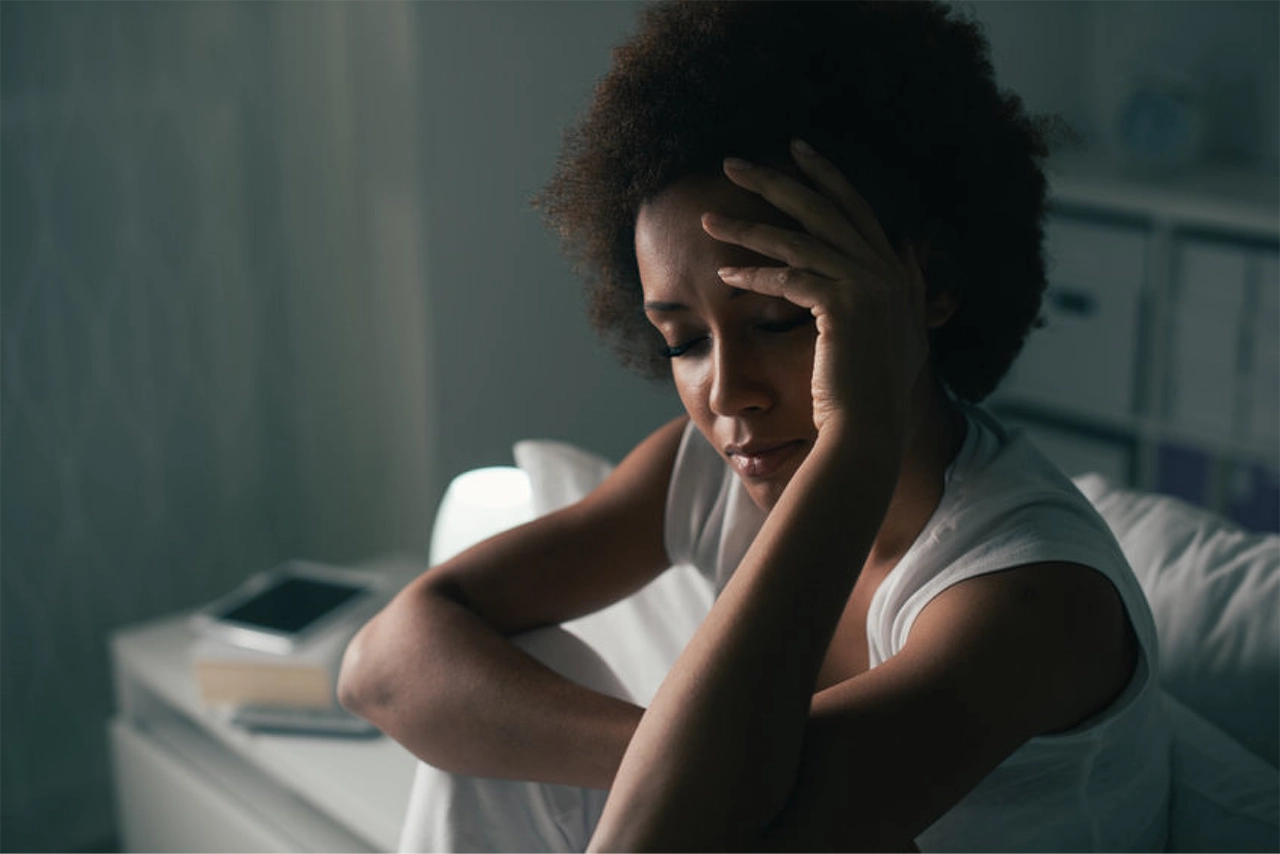Survivors of Interpersonal Violence Often Suffer Undiagnosed Brain Injuries
Janice Podzimek, CBIS, PRSS
Brain Injury Alliance of Arizona helps those who have survived sexual assault, human trafficking and domestic violence.
When the term “brain injury” comes up, the first thing many people think of are unfortunate accidents, such as vehicle crashes or falls. However, brain injury is a staggeringly common result of interpersonal violence that happens during assaults, human trafficking and domestic violence.
While these situations are also emotionally traumatic, the nonprofit Brain Injury Alliance of Arizona aims to educate people about the physical damage—often invisible or not obvious—that can be sustained during interpersonal violence. This is especially timely in April, which is Sexual Assault Awareness Month; also, National Crime Victims’ Rights Week is April 24-20, 2022.
Those who suffer brain injuries—from repeated hits to the head, being pushed and shoved into objects or the ground, being shaken, or suffering lack of oxygen from strangulation—can display a host of signs and symptoms.
Survivors of Interpersonal Violence Often Suffer Undiagnosed Brain Injuries
— with Janice Podzimek, CBIS, PRSS
Brain Injury Alliance of Arizona helps those who have survived sexual assault, human trafficking and domestic violence.
When the term “brain injury” comes up, the first thing many people think of are unfortunate accidents, such as vehicle crashes or falls. However, brain injury is a staggeringly common result of interpersonal violence that happens during assaults, human trafficking and domestic violence.
While these situations are also emotionally traumatic, the nonprofit Brain Injury Alliance of Arizona aims to educate people about the physical damage—often invisible or not obvious—that can be sustained during interpersonal violence. This is especially timely in April, which is Sexual Assault Awareness Month; also, National Crime Victims’ Rights Week is April 24-30, 2022.
Those who suffer brain injuries—from repeated hits to the head, being pushed and shoved into objects or the ground, being shaken, or suffering lack of oxygen from strangulation—can display a host of signs and symptoms
“When there’s intentional infliction of injury to someone, there’s a high chance of a brain injury occurring,” said Janice Podzimek, interpersonal violence liaison for the organization. “And that can and will occur in domestic interpersonal situations, in trafficking to keep people in line, and in sexual and other types of assaults.”
Those who suffer brain injuries—from repeated hits to the head, being pushed and shoved into objects or the ground, being shaken, or suffering lack of oxygen from strangulation—can display a host of signs and symptoms. These can make it difficult for them to be diagnosed, let alone recover and thrive as time goes on.
Some of the issues include:
- Tiredness
- Trouble concentrating
- Sleeping too much or not enough
- Changes in vision
- Tinnitus
- Headaches
- Memory issues
- Difficulty completing a task or a set of tasks
- Problems with balance
- Sensitivity to sounds and smells
- Repeating conversations
- Aphasia
Brain injury can also be a roadblock for survivors of domestic violence to escape their situation. It’s estimated that one in four women and one in eight men in Arizona are victims of domestic violence.
“Think about all the tasks that are involved with being able to leave an abusive partner,” stated Podzimek, who is a survivor of domestic violence. Gathering important documents, collecting or saving money, being able to stash money somewhere so they can arrange for their escape, arranging housing and transportation. That takes concentration and focus, and when the brain is injured, executive function can be impacted and affect a person’s ability to do certain tasks.”
For survivors of assaults, sexual assault, human trafficking and domestic violence who want to see justice, working with the legal system can be frustrating because the paperwork is daunting, speaking succinctly and confidently can be problematic, headaches can be frequent and a lack of ability to concentrate is common.
“It’s been so difficult so far to get the legal system to understand this and actually support victims of domestic or interpersonal violence,” Podzimek said. “Number one, they need to believe the victims, and number two, they need to know what brain injury is and how it may present.”
In addition, survivors themselves might not be aware they have a brain injury. After all, self-care is often not on the top of a to-do list for someone who has been through so much.
The Brain Injury Alliance of Arizona aims to connect the dots between interpersonal violence and brain injury, and it works with roughly 5,000 people annually with brain injuries and their families, loved ones and care givers to help them get resources. These include support groups, referrals to pain management and other providers, transportation, assistance with pets, and more.
“To this day, a lot of people do not understand brain injury or how to work with those who have one,” Podzimek noted. “It’s patience and understanding. There is hope. There are resources. We can work on getting them to thrive again and empower them.”
Janice Podzimek, CBIS, PRSS
Brain Injury Alliance Violence & Brain Injury Survivor Advocate
ABOUT BRAIN INJURY ALLIANCE OF ARIZONA
The Brain Injury Alliance of Arizona (BIAAZ) is the only statewide nonprofit organization dedicated to improving the lives of adults and children with all types of brain injuries through prevention, advocacy, awareness and education. BIAAZ also houses the Arizona Brain Health Resource Center, a collection of educational information and neuro-specific resources for brain injury survivors, caregivers, family members and professionals.
What began in 1983 as a grassroots effort has grown into a strong statewide presence, providing valuable life-long resources and community support for individuals with all types of brain trauma at no charge.
The Brain Injury Alliance of Arizona:
- Works with Congressional Brain Injury Task Force
- Houses Arizona Brain Health Resource Center
- Hosts Statewide Opioid Use Disorder & Cognitive Impairment Workgroup
- Has Statewide Opioid Use Disorder & Cognitive Impairment Response team with peer support, training, and family wraparound services
- Facilitates Brain Health Advisory Council
- Manages statewide Neuro Info-Line: 888-500-9165







